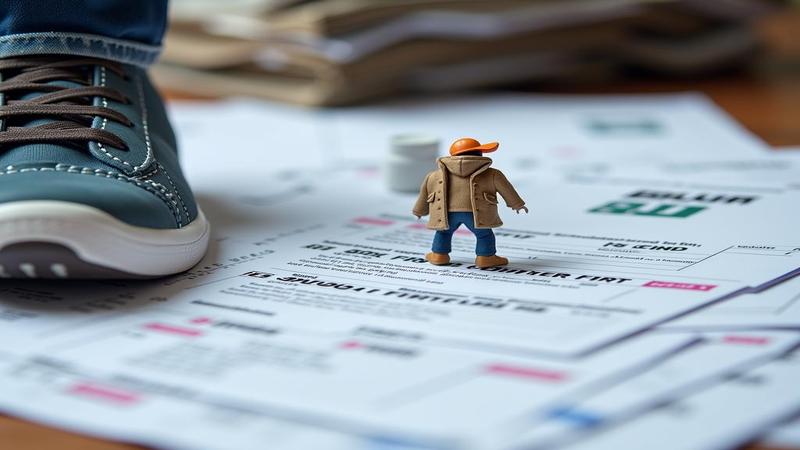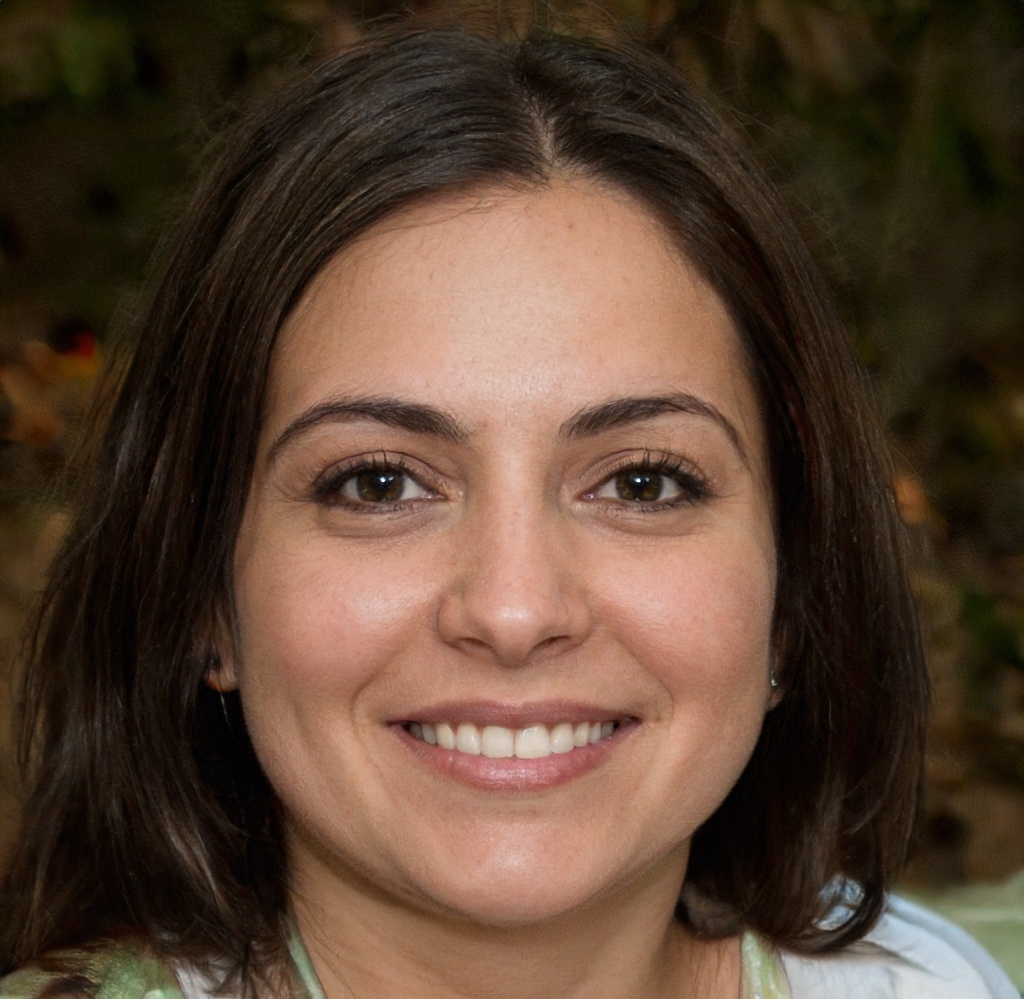Study Finds Kids Get ADHD Meds Faster Than Juice Boxes

New research reveals many young children get ADHD medication faster than they can peel the fake banana in the play kitchen. Doctors are apparently speedrunning childhood like it’s a side quest that blocks the main storyline. Meanwhile, the guideline fairy sits in the corner, waving her evidence wand, ignored like the instructions for assembling a trampoline.
I say this with a clinician’s skepticism and a neighbor’s tone: perhaps the correct interval between “he fidgets” and “here’s a prescription” should be longer than a sneeze. Patience is a treatment modality, not a vintage relic next to the VCR. But our health system runs on microwave popcorn settings: Every problem is “Express Cook 30.”
One parent described the office visit this way: “He climbed the exam table, the wall, my will to live, and the doctor diagnosed before the child returned to ground.” The kid, now vertical on the ceiling like a gecko with a to-do list, whispered, “Behold, attention variability.” The doctor nodded gravely, as if the ceiling was a peer-reviewed journal.
Guidelines suggest trying behavioral strategies first for the youngest kids, followed by a thoughtful reassessment that lasts longer than a TikTok. Instead, we treat after-school meltdowns like a stock market crash and rush in with a bailout plan. If patience were billable, we’d be millionaires; instead it’s coded as “nice idea, no reimbursement.”
In one clinic, the toy drawer contained stickers, a rubber otter, a dinosaur, and a precisely folded pamphlet called “Maybe Not Yet.” Right beside it sat a toddler sensory activity kit, which somehow costs less than five minutes of clinician time. A nurse whispered, “We tried a parent class too, but the supply chain for common sense has been rough.”
Pharmaceutical reps reported being shocked, shocked to learn prescribers might be moving too fast, said the spokesperson while adjusting a cape made of branded notepads. “We encourage responsible use,” he added, pushing a wagon labeled “Limited-Time Pens” and a confetti cannon labeled “Percentile Gains.” The confetti was prior authorization forms.

Educators, trapped between a bell schedule and the entropy of childhood, proposed a radical intervention: recess. They were overruled by a committee that meets only at lunchtime and views play like contraband joy. The committee’s official stationery reads, “Have you tried sitting even harder?”
One pediatrician defended her approach: “I don’t prescribe too quickly; I simply run a very fast shared decision-making process.” She then slid a kid-safe meditation audio player across the desk—toward the parent, not the child. “It’s mostly for when the portal messages hit.”
The study’s limitations include: researchers could not randomize doctors into “rushed” or “gently human” because that would require altering our dimension. Confounders included office coffee strength and whether the child arrived wearing shoes. The control group consisted of hypothetical unicorn clinics where policy actually pays for prevention.
Economically, this all makes sense in the way a hamster wheel strapped to a jet ski makes sense. A 15‑minute appointment is a tiny cul-de-sac where nuanced conversations go to crash. The system says, “Do the right thing,” and the stopwatch says, “That’s adorable.”
Parents in the survey reported a mix of relief and whiplash. “I asked for help and got a prescription and a sticker,” one said. “The sticker worked immediately because it was a dinosaur, and I am also eight on the inside.” Another parent asked for classroom support and received a brochure explaining gravity.
Here’s the plot twist: when preschoolers are treated like developing humans, many do fine with coaching, sleep, movement, and a school that doesn’t confuse curiosity with mutiny. When medicine is needed, it should be a ladder, not a catapult. Until then, let’s try the radical therapy of hydration and a walk—because if we’re going to prescribe anything in thirty seconds, it might as well be water and a sidewalk, preferably served as fast as a juice box straw.
